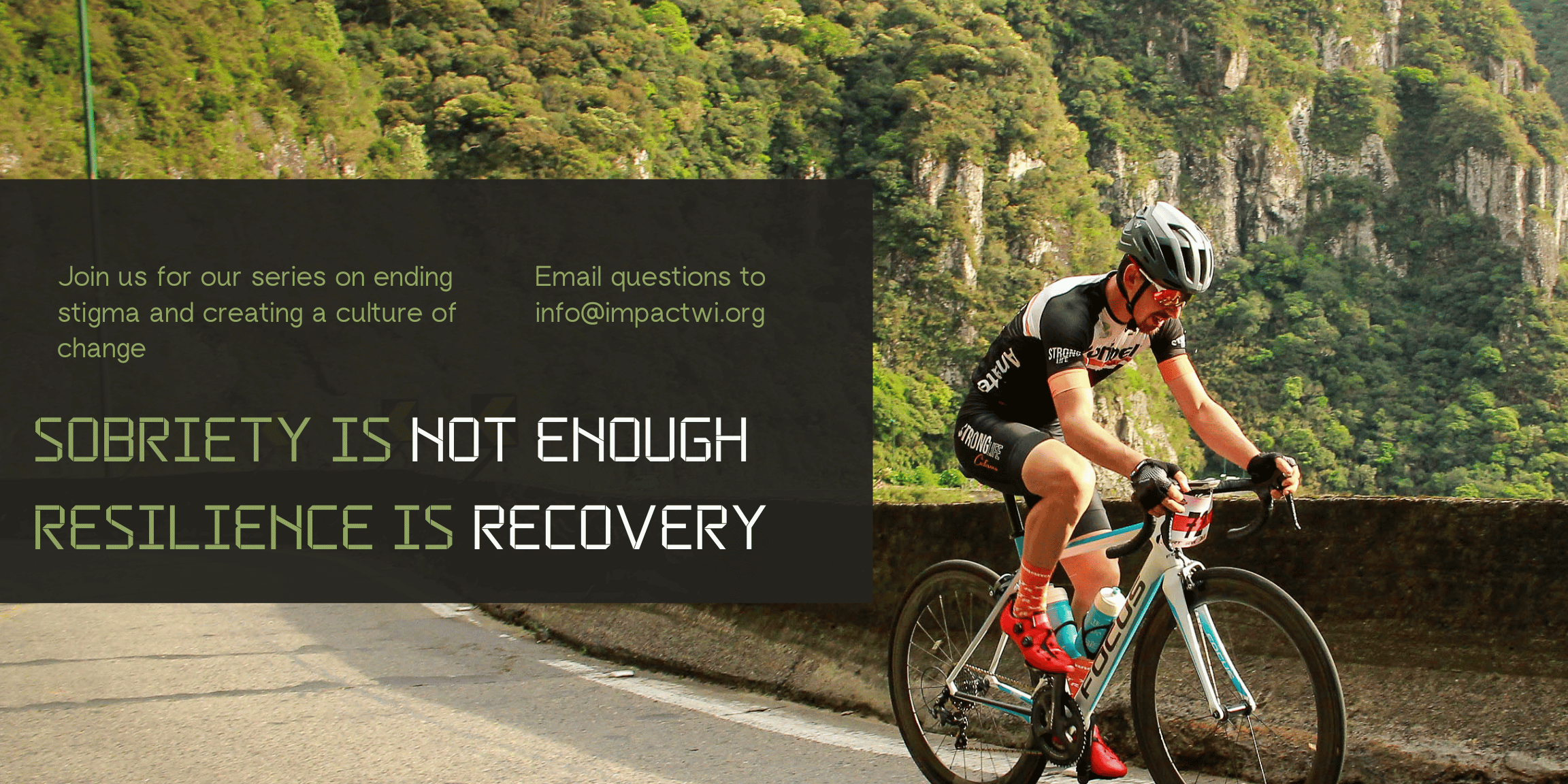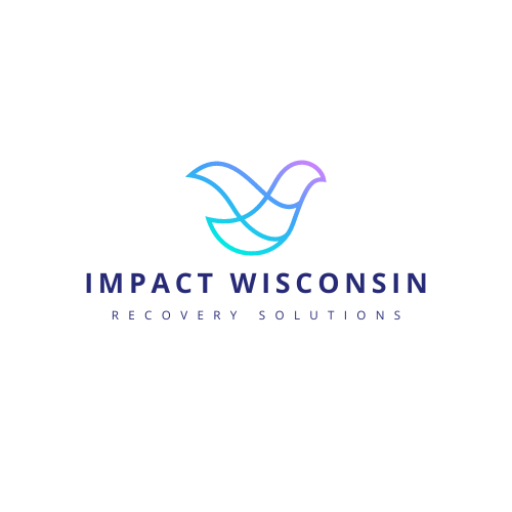
The Recovery Capital Index (RCI) is a tool that measures the well-being of people who are recovering from addiction. The RCI was developed by Face It TOGETHER, a non-profit organization that provides support to people who are recovering from addiction and their loved ones.
The RCI is a multidimensional measure that assesses three primary areas of well-being: personal, social, and cultural capital. Personal capital includes factors such as self-esteem, self-efficacy, and optimism. Social capital includes factors such as social support, social participation, and social engagement. Cultural capital includes factors such as knowledge, skills, and values.
The RCI is scored on a scale from 1 to 100, with higher scores indicating greater well-being. The RCI can be used to track progress over time and to identify areas where additional support may be needed.
The RCI has been shown to be a valid and reliable measure of well-being in people who are recovering from addiction. The RCI has also been shown to be effective in tracking progress over time and to identify areas where additional support may be needed.
The RCI is a valuable tool for people who are recovering from addiction and their loved ones. The RCI can be used to track progress over time and to identify areas where additional support may be needed.
Here are some of the benefits of using the Recovery Capital Index:
- It can help you track your progress and identify areas where you need additional support.
- It can help you measure the effectiveness of your treatment program.
- It can help you communicate your progress to your treatment team.
- It can help you identify areas where you can improve your well-being.
If you are interested in using the Recovery Capital Index, you can find more information on the Face It TOGETHER at www.recoverycapital.io please join us supporting thier mission!
Where to start? The Winter of 2022
As the cold winds of the winter of 2022 swept through, they brought with them a period of introspection and realization that would forever alter the course of my life and work. This season wasn't marked just by the chill of the season; it was a chilling recognition...
Impact Wisconsin Announces Exciting Update of Peer Resiliency Support Specialist Training
We at Impact Wisconsin are thrilled to announce the launch of our latest initiative, the Peer Resiliency Support Specialist Training program. Designed to empower individuals with lived experience in substance use disorder and mental health recovery, this program is a...
Beyond Sobriety: How the Recovery Capital Index Guides Holistic Healing
In the journey of recovery, measuring progress extends far beyond the binary measure of sobriety. While abstaining from substances is a significant achievement, it represents just one facet of a multi-dimensional process. At Impact Wisconsin, we understand that...
Sobriety is not a perfect measure
Sobriety is not a bad way to measure recovery. In fact, it is a very important measure of recovery. However, it is not the only measure of recovery. There are many other factors that can contribute to recovery, such as mental health, physical health, and social...
Resilience Part 2
Resilience is the ability to adapt to change and bounce back from adversity. It is a key factor in addiction recovery, as it allows people to cope with the challenges of addiction and rebuild their lives. There are many ways to measure resilience, but some common...
